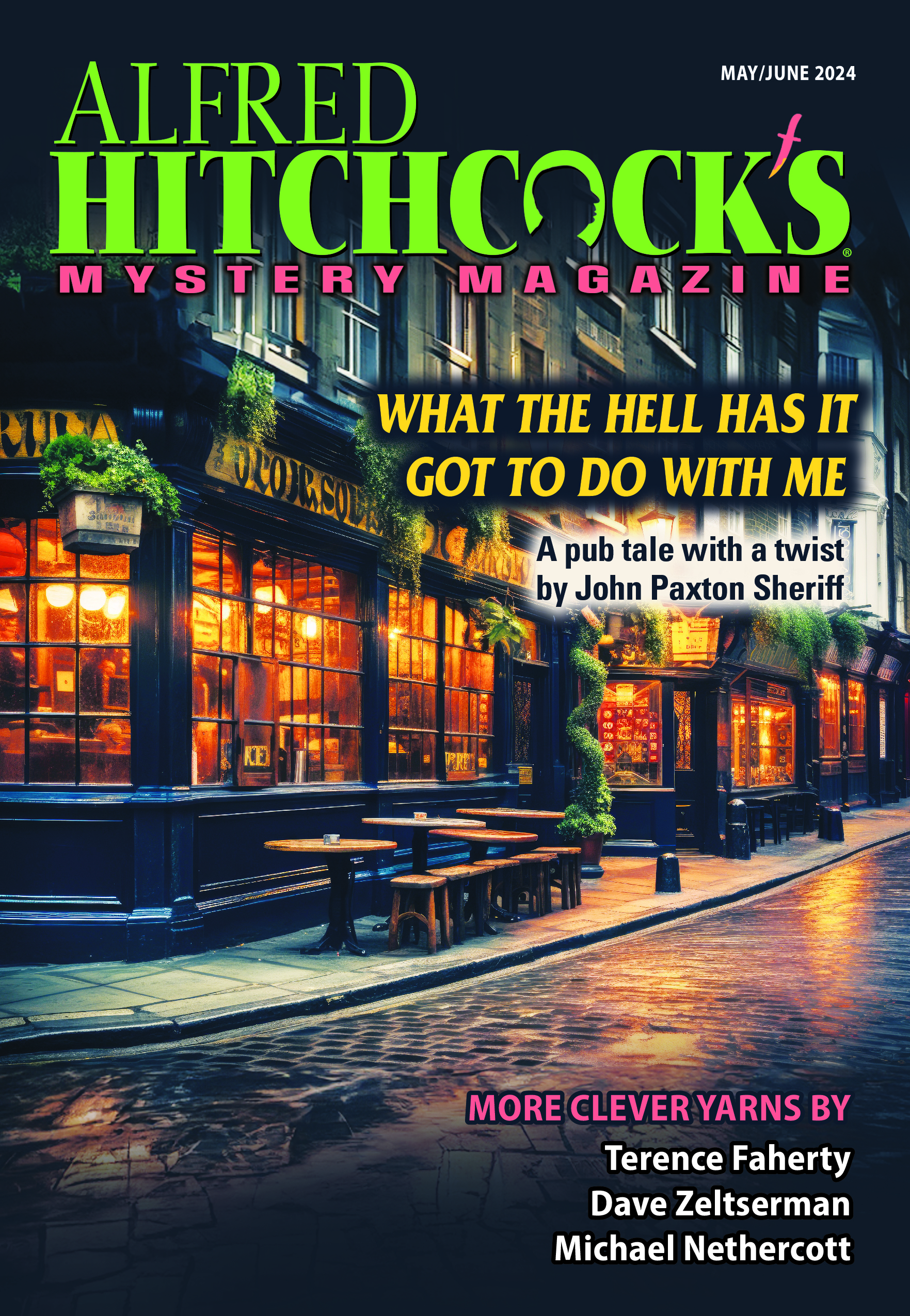
It is a popular cliché that the 1950’s in America were an innocent time and the 1960’s were something else. You can find plenty of speculation about who caused this shift. (The Beatles? Lee Harvey Oswald? Jack Ruby?)
Like many cliches this one gets a little fuzzy when you examine the details. For example, I am sure there are lots of people who find the idea that the fifties were innocent quite bizarre. (I think of African-Americans who lived in the south then, for instance.)
One of the many examples offered of our country shedding its naivete was the first great scandal of the television industry. I refer to the quiz show debacle of 1958-1959.
Back then we were scraping by with only three TV networks and most people received fewer than half a dozen channels. Nonetheless there were almost two dozen quiz or game shows on the air, mostly in prime time.
These programs ranged from You Bet Your Life where the questions were trivial and the prizes small, but the attraction was watching Groucho Marx joking with the contestants, to shows like The $64,000 Question where big-brained people could theoretically earn big bucks by answering tough questions.
Eventually it was discovered that many of the games were fixed. Most people assume that this was done by giving the winners questions and answers in advance. And that certainly happened.
But there were more subtle ways to cheat. Let’s assume that Jane and Mary apply to be contestants. During the preliminary interviews Jane reveals that she is enthusiastic gardener, while Mary boasts of her baking skills.
Do you see how the producers can choose the likely winner by simply deciding whether to ask about marigolds or about macaroons? And yet everyone involved could swear on a stack of TV Guides that not a single question or answer had been revealed. There were other tricks, of course.
In the spring of 1958 rumors began to fly around that the games were rigged. The wheels began to fall off in earnest in May when a stand-by contestant on Dotto snuck a peek at a notebook owned by another competitor (the aptly named Marie Winn) and found the answers she had been fed in advance. Eventually this resulted in a grand jury and even congressional hearings.
As you have probably guessed, there is what Ellery Queen would have called a criminous connection here. My novella in the March/April issue of Alfred Hitchcock’s Mystery Magazine, “Please Pass the Loot,” is set in November, 1958, just as panicky networks began to kick shows off the air and everyone involved started to play an exciting new game called cover-your-line-of-retreat. The hero of my tale is Delgardo, a Beat poet who supplements his income by solving crimes. He tries to help an old friend who has won big on a quiz show and now fears he will be dragged into the scandal. Not surprisingly, a murder occurs.
And that killing is very important to my story because perhaps the oddest part of the whole mishigas is that nothing that happened in the scandal was illegal. Seriously: at the time there were no laws or FCC regulations forbidding what the networks, producers, or contestants did.
That did not stop outraged authorities from seeking a way to punish them, of course. Prosecutors called participants before grand juries and asked embarrassing questions about the shows under oath. If they were caught lying they could then be punished for perjury. As Delgardo says in my story: “It’s build your own felony.”
In spite of this, no one went to prison. Judges decided that the damaged reputations were enough punishment.
And speaking of damage, how much harm did this scandal do to America’s reputation and innocence? Probably less than you think.
Public opinion pollsters found that most of the country was pretty blasé about the whole thing. (It turns out quiz show fandom was mostly a northeastern U.S. phenomenon anyway.) Some respondents said they had always suspected the shows were rigged. Others just wished they had had a chance to compete when the cheating was going on.
Maybe such cynicism was merely twenty-twenty hindsight. Or perhaps the great American public wasn’t as innocent as the pundits liked to think.

